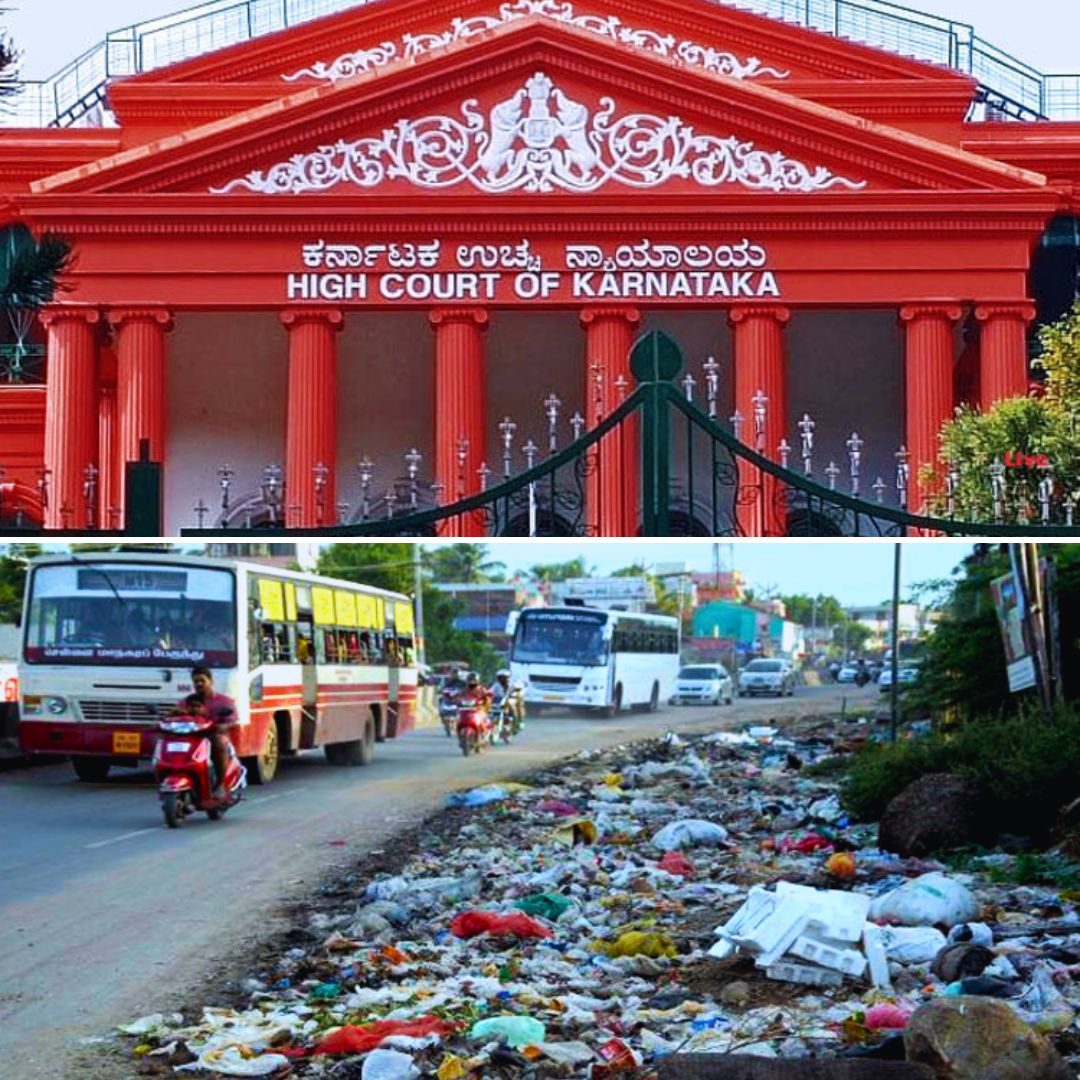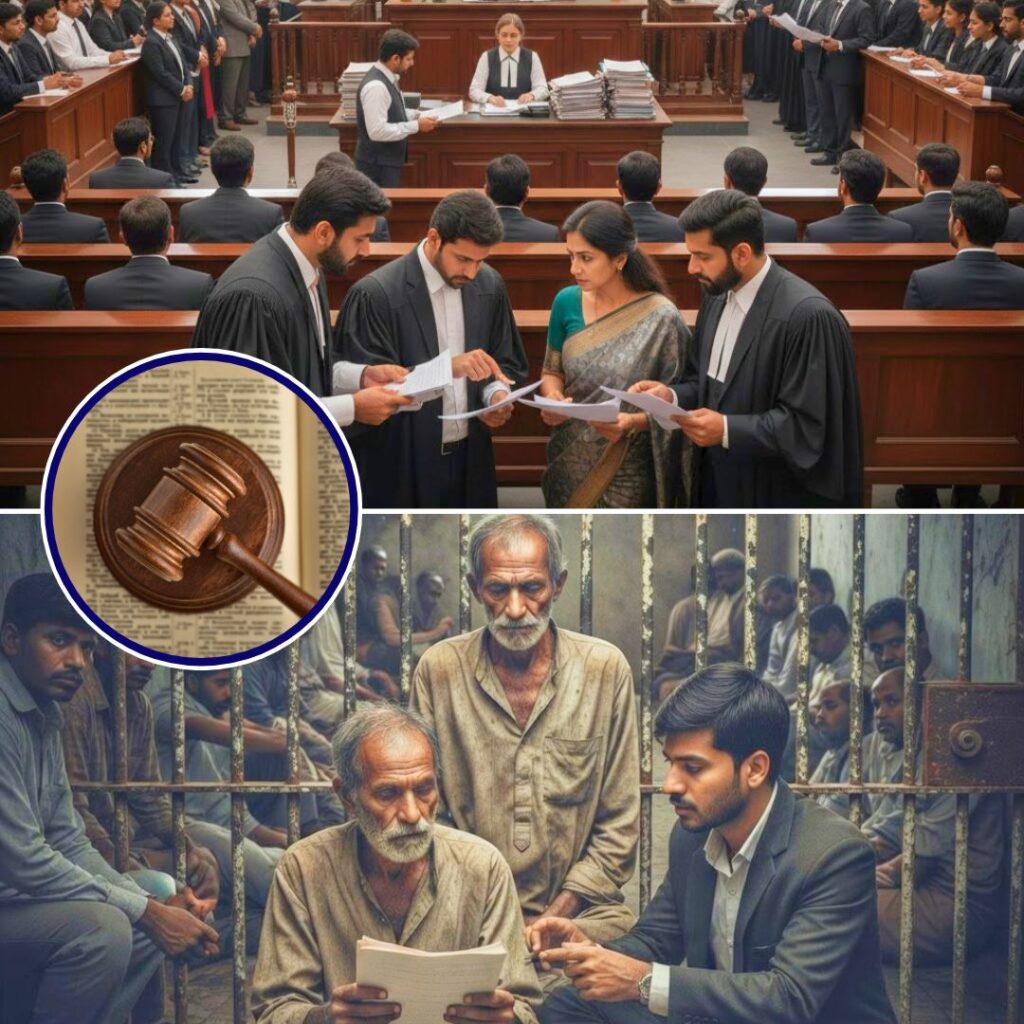The Karnataka High Court on November 3, 2025, mandated a comprehensive, technology-driven solid waste management system for Bengaluru to address critical public health risks linked to unauthorised dumping and garbage blackspots.
Justice Suraj Govindaraj ordered the development of a unified digital platform to track waste collection vehicles via GPS, live monitor blackspots through CCTV, and enable citizens to lodge geo-tagged complaints.
The court underscored that effective waste management is a constitutional duty tied to the fundamental Right to Life under Article 21.
Authorities including the Greater Bangalore Authority and the e-Governance Department have been directed to implement these reforms within specified timelines, overseen by a nodal oversight committee, marking a significant step towards transparency and accountability in civic governance.
Technology at the Core of Waste Management Reform
The Court’s detailed directives envisage a state-of-the-art integrated platform named “One City, One Platform” to unify Bengaluru’s fragmented waste management operations.
This system will provide a real-time digital dashboard accessible to both officials and citizens, showing vehicle locations, collection schedules, and ward-wise cleanliness scores. CCTV cameras mandated at identified blackspots will enforce surveillance and deter illegal dumping.
An essential feature includes an interactive mobile app empowering citizens to report complaints with photographic and geo-tagging capabilities, facilitating swift action and greater community participation.
The Court also commanded the preparation of a detailed Standard Operating Procedure (SOP) governing surveillance, data privacy, evidence protocols, penalties, and grievance redressal to be submitted within six weeks.
To ensure compliance, a Nodal Oversight Committee comprising municipal officials, pollution control experts, and law enforcement has been constituted.
Background: Chronic Waste Crisis and Judicial Intervention
Bengaluru’s waste woes are long-standing, exacerbated by fragmented contracts historically dividing the city into numerous wards managed by multiple contractors leading to operational inefficiencies and accountability gaps.
The recent tender restructuring consolidated these contracts into larger packages to professionalise and streamline collection, although contested by smaller contractors citing cost concerns.
The Court dismissed challenges to the new tender structure, affirming the administrative authority’s discretion while emphasising public welfare over private inconvenience.
It highlighted Bengaluru’s chronic garbage blackspots as ongoing public nuisances severely impacting public health and environmental dignity. Framing waste management as a constitutional obligation, the ruling reinforced citizens’ right to a clean and hygienic environment-not a privilege but an enforceable right under Article 21 of the Indian Constitution.
The Court pledged continuous monitoring with mandatory reviews every four months to ensure timely and effective implementation of its orders.
The Logical Indian’s Perspective
This judicial landmark sets a precedent recognising environmental health as integral to fundamental rights and demonstrates a visionary embrace of technology to solve urban governance challenges.
Bengaluru’s leap towards transparency, accountability, and citizen-centric governance through digital innovations heralds a hopeful future.
Such initiatives, balanced with privacy safeguards and participatory mechanisms, offer a scalable blueprint for other Indian metropolises facing similar crises.












